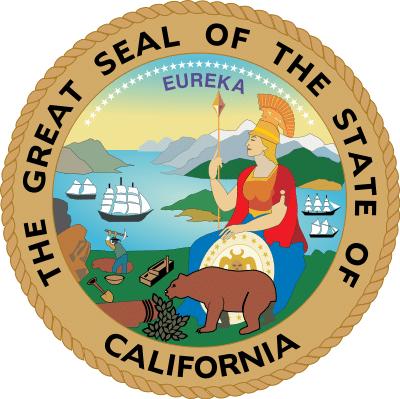Record flood-producing rainstorms of 17-18 July 1996 in the Chicago metropolitan area : part III[,] impacts and responses to the flash flooding /
Material type: TextSeries: Wetmore Collection | Publisher: Boston, Mass. American Meteorological Society 1999Description: 7 pages : illustrations ; 28 cmContent type:
TextSeries: Wetmore Collection | Publisher: Boston, Mass. American Meteorological Society 1999Description: 7 pages : illustrations ; 28 cmContent type: - text
- unmediated
- volume
- 0813326206 (paperback alk. paper)
- 0813326192 (hardcover alk. paper)
- 20 363.3/493/097709049
- GB1399.4.M72 G74 1996
- VF WTHR.090.b.e.c.02.013 ChaS.2 1999 ASFPM
| Item type | Current library | Collection | Call number | Status | Date due | Barcode | Item holds |
|---|---|---|---|---|---|---|---|
 Books
Books
|
ASFPM Library | Wetmore Collection | VF WTHR.090.b.e.c.02.013 ChaS.2 1999 ASFPM (Browse shelf(Opens below)) | Available |
Browsing ASFPM Library shelves Close shelf browser (Hides shelf browser)
Includes bibliographical references.
Staff.
ABSTRACT A record-breaking 24-h rainstorm on 17-18 July 1996 was centered on south Chicago and its southern and western suburbs, areas with a population of 3.4 million. The resulting flash flooding in Chicago and 21 suburbs broke all-time records in the region and brought the Illinois and Mississippi Rivers above flood stage. More than 4300 persons were evacuated from the flooded zones and 35 000 homes experienced flood damage. Six persons were killed and the total estimated cost of the flood (losses and recovery actions) was $645 million, ranking as Illinois’ second most costly weather disaster on record after the 1993 flood. Extensive damages and travel delays occurred on metropolitan transportation systems (highways and railroads). Commuters were unable to reach Chicago for up to three days and more than 300 freight trains were delayed or rerouted. Communities dealt with removal of flood-damaged materials, as well as damage to streets, bridges, and sewage treatment and water treatment plants. Reduced crop yields in adjacent rural areas represented a $67 million loss of farm income. Conflicts between communities developed over blame for the flooding due to inadequate storage capacity resulting in new regional flood planning. Federal and state aid ultimately reached $265 million, 41% of the storm costs. More than 85 000 individuals received assistance, and 222 structures have been relocated under the federal Hazard Mitigation Grant Program at a cost of $19.6 million.
Protected by copyright law.
Wetmore Collection





There are no comments on this title.